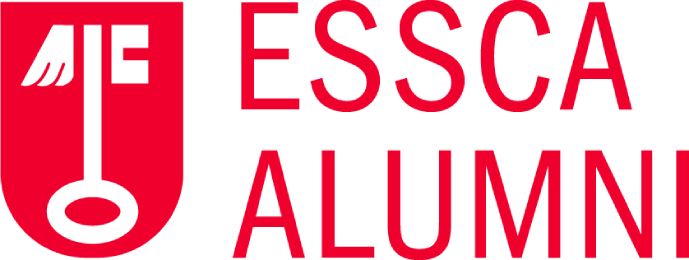Setting up the "alternance" system
Areal innovation, the " sandwich course " decided in 1978 was introduced in 1979 for the 1977-1981 graduating class. ESSCA was the first Grande École to implement this formula, which enabled students in the second cycle to alternate periods of work experience with theoretical instruction: twelve months of classes alternated with twelve months of internships, in six-month periods.

In 1979, Gilles BELLANGER was behind the introduction of "sandwich training".
Gilles Bellanger, Director of Corporate Relations Development, initiated the project and was its tireless promoter and developer until his untimely death in March 1998. He explained: " Our aim is to raise students' awareness of corporate culture. This means they'll be fully operational by the end of their course. But more than that, the work-study program is primarily a recruitment tool for the company investing in it. As it were, the student spends a year on probation with the company, which will have had plenty of time to test his or her psychological profile and train him or her in its culture. "
Patrick Moreau (class of 1981), Director of Human Resources Development at Groupe Caisse d'Epargne since 2005, remembers being the very first "alternant " at the École, when in January 1980 he joined "Promodès. "
The formula paid off handsomely. In just over ten years, the number of work-study contracts has increased tenfold! An impact study carried out in 1991 confirmed that 75% of work-study students remained with their host companies. Better still, some had gone on to become senior executives.
An additional, and not insignificant, advantage for the financial equilibrium of the establishment is that the company, by paying a sum chargeable to the taxe d'apprenticeship tax as part of its contribution to the overall financing of the training program, the company was able to develop a genuine partnership with the school.A work-study contract was equivalent to one year's tu ition!
Philippe Cesbron Lavau, Chairman of ESSCA's Board of Directors from 1979 to 1990, testifies to the positive impact this highly innovative idea had at the time: " By opening the School's doors to the world of business, through a work-study system offered to our students, we demonstrated, several years ahead of our time, that it was possible to make a difference. several years ahead of our time, that collaboration between educational centers and the world of work was not only necessary, but useful. We have also attracted the interest of the heads of major companies by asking them to sponsor our graduating classes. As a result, the bosses of L'Oréal, Auchan, Schneider and many others were able to appreciate the quality of the teaching provided atESSCA and opened their doors wide to our students for internships during their studies, and even offered some of them a position at the end of their studies! Admission to the Chapitre des Grandes Écoles was the crowning achievement. It was an important milestone for us, as it placed us among the very top in France."



